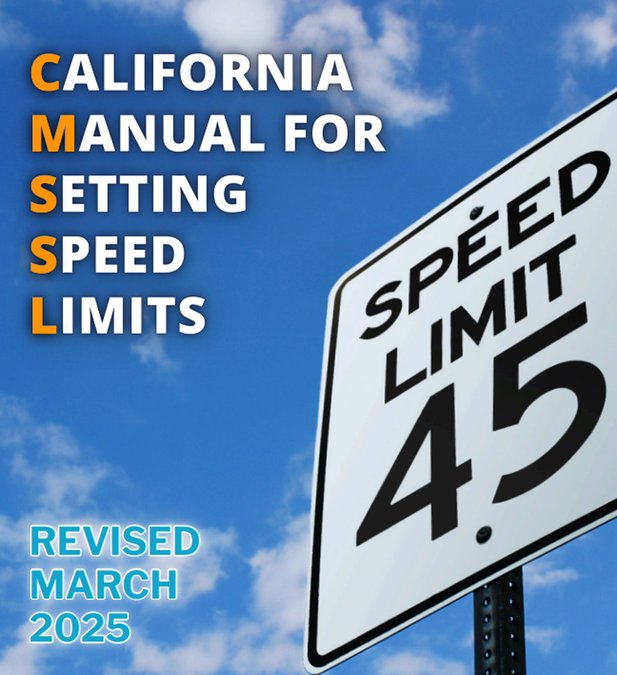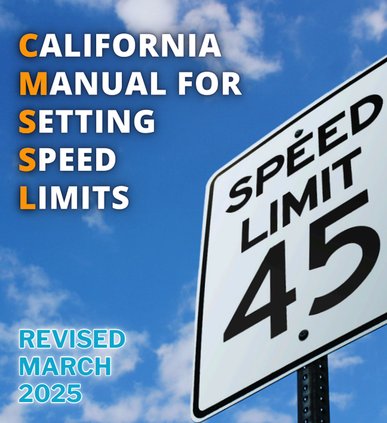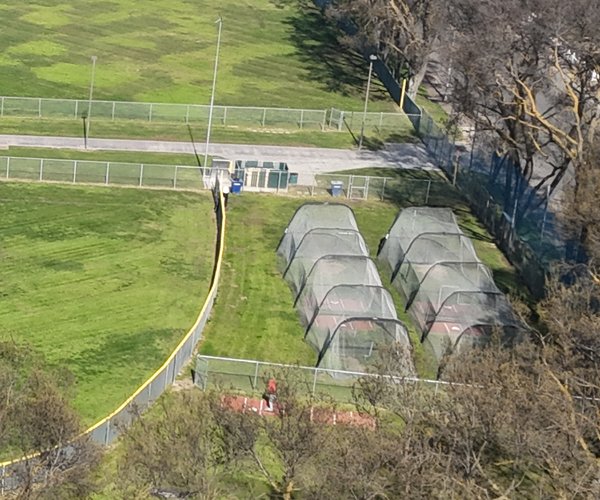Speed limits posted around Ceres could be increased after the completion of a city wide speed survey approved July 28 by the Ceres City Council.
The contract with Advanced Mobility Group (AMG) will cost the city $52,900 plus a $12,100 contingency for additional road segments to be added to the survey.
City Engineer Michael Beltran explained that state law requires that cities update engineering and traffic surveys every five years to maintain police enforceability of speed limits using radar equipment. Under specific circumstances, surveys may be extended up to seven to 14 years if no significant changes in roadway or traffic conditions have occurred.
The last study was performed in 2018.
The previous survey covered 43 roadway segments, said Beltran, but due to growth and evolving traffic patterns, staff anticipates up to 60 segments to be included in the new survey.
AMG will collect radar speed and average daily traffic (ADT) data at selected locations for each segment and perform detailed speed data analysis.
Beltran explained how a speed limit might be increased, using this example: If the 85th percentile of drivers is traveling at 45 mph in a 40 mph zone, the new speed limit will be adjusted to 45 mph.
“So with the public, making sure that you drive slow, drive the speed limits is very, very important when we’re doing these speed studies,” said Beltran. “But in the end, generally speed studies increase speed limits throughout a city. Very rarely do they limit speed limits.”
“We’ve had a lot of conversation about speeding in Ceres,” said Councilwoman Cerina Otero, “and I’m grateful that this is going to be moving forward so we can get the speeds right in certain areas.”
Beltran also noted that as a city engineer he has the ability by state law to lower a speed limit 5 mph below what the 85th percentile travels.
Councilman James Casey express concerns that the speed limits on Blaker Road and Caswell and Central avenues will be raised on account of the common speeding on those streets.
“They go like race cars,” he commented.
AMG will also:
• Analyze five years of collision history and calculating collision rates per million vehicle miles (MVM), comparing them to state averages to support potential speed adjustments or safety corridor designations.
• Compile draft and final recommendations for speed limits based on the data collected, human engineering judgment, and applicable CVC provisions, including AB 43 allowances for safety-related speed limit reductions.
• Prepare a draft and final summary report with all findings, recommendations, speed zone tables, and collision summaries for city and Police Department review prior to formal adoption.





